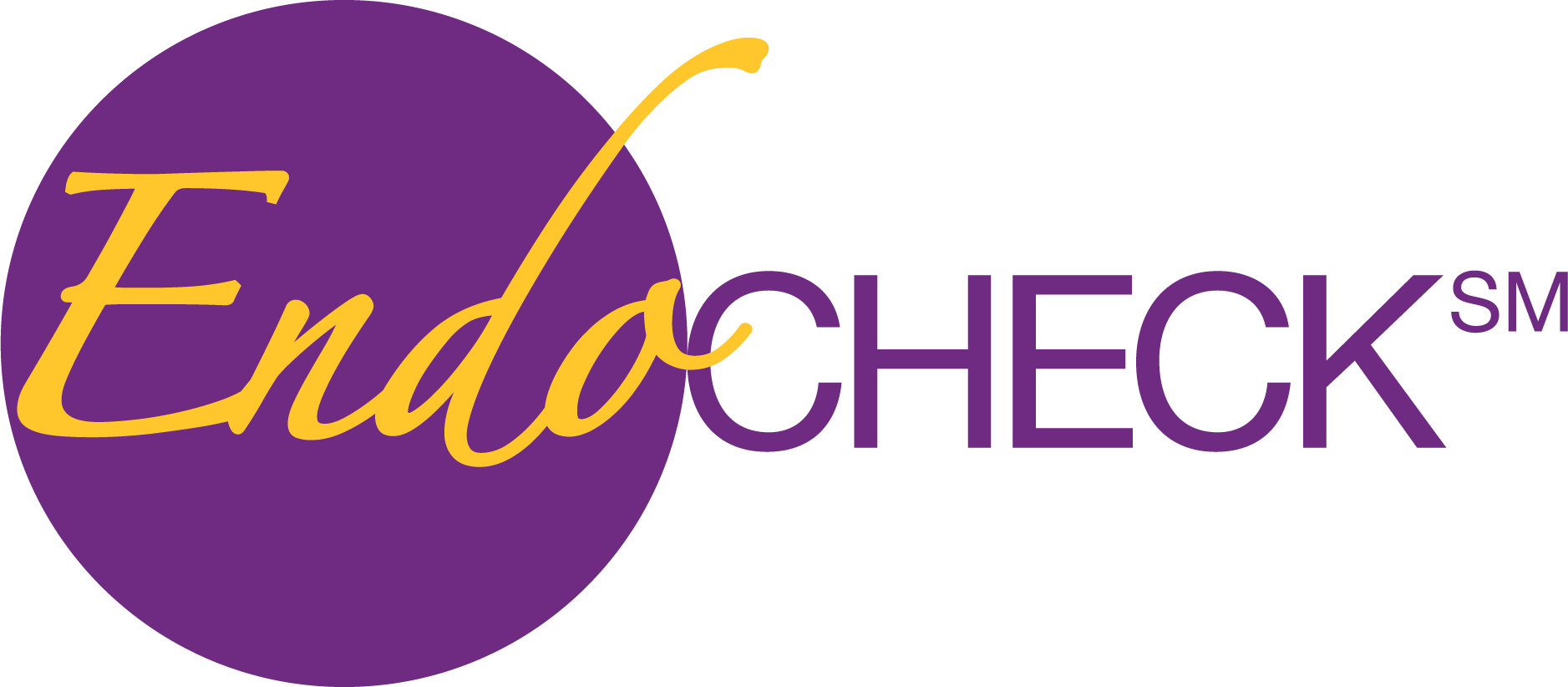Transforming Women’s Gynecologic Health, Starting with Ovarian Cancer.



We believe that early detection of ovarian cancer risk is the first step to drive better outcomes for the close to 20,000 cases of ovarian cancer diagnosed each year1. We are working to transform women’s gynecological health with the discovery, development, and commercialization of innovative testing options for women of all races and ethnicities, regardless of menopausal status. Our data-driven approach delivers solutions that help women take control of their gynecologic health and empower providers to deliver optimal care.
Learn About Our ResearchHealthcare Providers have ordered more than 194,000 OvaSuiteSM Tests

On September 20, 2023, Aspira Women’s Health hosted a Key Opinion Leader Webinar on Assessing Ovarian Cancer Risk with OvaWatch℠. If you missed our live discussion, you don’t have to miss out! Watch now to learn how OvaSuite℠ can help give you confidence in making the right treatment decision for any patient with an adnexal mass, regardless of age or menopausal status.
Our Products
-

OvaWatch℠ is a non-invasive, blood-based test intended for use in the initial clinical assessment of ovarian cancer risk in women with benign or indeterminate adnexal masses for which surgical intervention may be either premature or unnecessary. With a negative predictive value (NPV) of over 99%2, OvaWatch allows physicians to confidently rule out ovarian malignancy and choose the appropriate clinical management for the right patient at the right time.
Learn More -

Ova1Plus® combines our FDA-cleared products, Ova1® and Overa®, to detect risk of ovarian malignancy in women with adnexal masses planned for surgery.
Learn More
Coming Soon
-

OvaWatch℠ will be the only biomarker-based assay available to assist healthcare providers in monitoring adnexal masses for ovarian cancer risk.
-

EndoCheck℠ is a first-of-its kind, non-invasive test intended to aid in the identification of endometriosis.

Watch Aspira’s CEO, Nicole Sandford, and Clinical Advisory Board member, Dr. Tamika Sea MD, FACOG, discuss the establishment of Aspira’s Clinical Advisory Board, an element of its overall mission to develop and distribute high-impact diagnostic tools for gynecologic disease with Jane King on New to The Street.

On December 11, 2023, Aspira’s CEO, Nicole Sandford, SVP, Michelle Snider, and Sales Rep. & Patient, Lottie Wilder, were interviewed by Jane King on New to The Street to discuss Aspira’s commercial refresh, what’s ahead for the company, and Lottie's personal health journey.
Aspira Women’s Health Announces Publication of Real-World Data Validating Use of OvaWatch for the Management of Adnexal Masses
Read our new multi-site clinical study describing real-world evidence supporting the use of OvaWatch for the clinical management of adnexal masses in Frontiers in Medicine.
Hear from the Experts
-
The diagnostic tools for ovarian cancer have not changed throughout my entire career, but now with OvaWatch, we can assess the malignant potential of a mass.
- Gerard Reilly, MD, FACOG -
This is definitely a clinical tool you want to have access to in your office
- Tamika L. Sea, MD, FACOG -
Ova1® is great in that it can help to avoid second procedures on patients and second operations which can be associated with higher morbidity.
- Jonathan Black MD, MPH -
Ova1Plus® has added to our armamentarium as physicians by decreasing the false positive rate up to 50%
- Howard C. Mandel MD, FACOG
PRECAUTION:
OVAWATCH IS INTENDED FOR USE AS A NON-INVASIVE TEST TO ASSESS THE RISK OF OVARIAN CANCER FOR WOMEN WITH ADNEXAL MASSES, EVALUATED BY INITIAL CLINICAL ASSESSMENT (ICA) AS INDETERMINATE OR BENIGN. IN CONJUNCTION WITH IMAGING (ULTRASOUND AND/OR CT) AND CLINICAL ASSESSMENT, THIS TEST WILL SUPPORT PHYSICIANS IN MAKING INFORMED CLINICAL DECISIONS IN THE MANAGEMENT OF WOMEN WITH ADNEXAL MASSES. THE TEST IS NOT INTENDED AS A SCREENING TEST OR A STAND-ALONE DIAGNOSTIC ASSAY.
OVA1 AND OVERA SHOULD NOT BE USED WITHOUT AN INDEPENDENT CLINICAL AND IMAGING EVALUATION AND IS NOT INTENDED TO BE A SCREENING TEST OR TO DETERMINE WHETHER A PATIENT SHOULD PROCEED TO SURGERY. INCORRECT USE CARRIES THE RISK OF UNNECESSARY TESTING, SURGERY, AND/OR DELAYED DIAGNOSIS.
- https://seer.cancer.gov/statfacts/html/ovary.html
- Reilly G, Bullock RG, Greenwood J, Ure DR, Stewart E, Davidoff P, DeGrazia J, Fritsche H, Dunton CJ, Bhardwaj N, & Northrop LE. (2022). Analytical Validation of a Deep Neural Network Algorithm for the Detection of Ovarian Cancer. JCO Clin Cancer Inform 6:e2100192